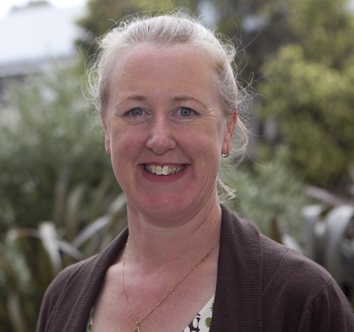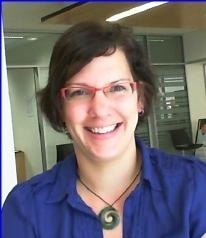Restoring salt springs for ecological and cultural values
Project Description
Objectives
- Restore an important cultural site for Santa Teresa community, so the site can be used safely by humans and native fauna
- Establish techniques suited to the restoration of ecological function and water quality within an arid zone spring fed waterhole
- Determine the effectiveness of restoration activities undertaken to ameliorate the impacts of feral camels at an important ecological and cultural sites
- Link the restoration of ecological values to the cultural values associated with the sites
- Ultimately, produce guidelines for wetland restoration techniques that can be used across arid Australia and make these techniques accessible in the relevant local languages, such as Pitjantjatjara and Luritja/Pintupi
Tangible Benefits and impact of the research to Australian Indigenous Communities
Dissemination will include scientific outputs (scientific papers in international peer reviewed journals, conference presentations). The project team expects to produce three high quality scientific publications from this project. Results will also be disseminated through workshops involving Indigenous communities in Alice Springs and on country. Ultimately, this project will produce guidelines for wetland restoration techniques that can be used across arid Australia and make these accessible in the different local languages.
Expected benefits and outcomes
- Training of a research assistant from the community and an Honours student in arid wetland restoration
- Restoration of a key wetland site of high biodiversity and cultural significance
- Development of restoration techniques and guidelines for future efforts, applicable widely in arid Australia and accessible in different local languages
- Capacity building for Indigenous rangers and other NRM practitioners
- Value-adding to other programs, such as on-ground NRM activities planned for the newly designated Southern Tanami and Katiti-Petermann Indigenous Protected areas
Project Leaders
 Dr Fiona Dyer
Dr Fiona Dyer
Senior Research Fellow
Institute for Applied Ecology
University Research Centre
T: +61 (0) 6201 2452
E: fiona.dyer@canberra.edu.au
 Dr Valerie Caron
Dr Valerie Caron
Lecturer, Science
Faculty of Education, Science, Technology and Maths
University of Canberra
T: +61 (0) 6201 5941
E: valerie.caron@canberra.edu.au

